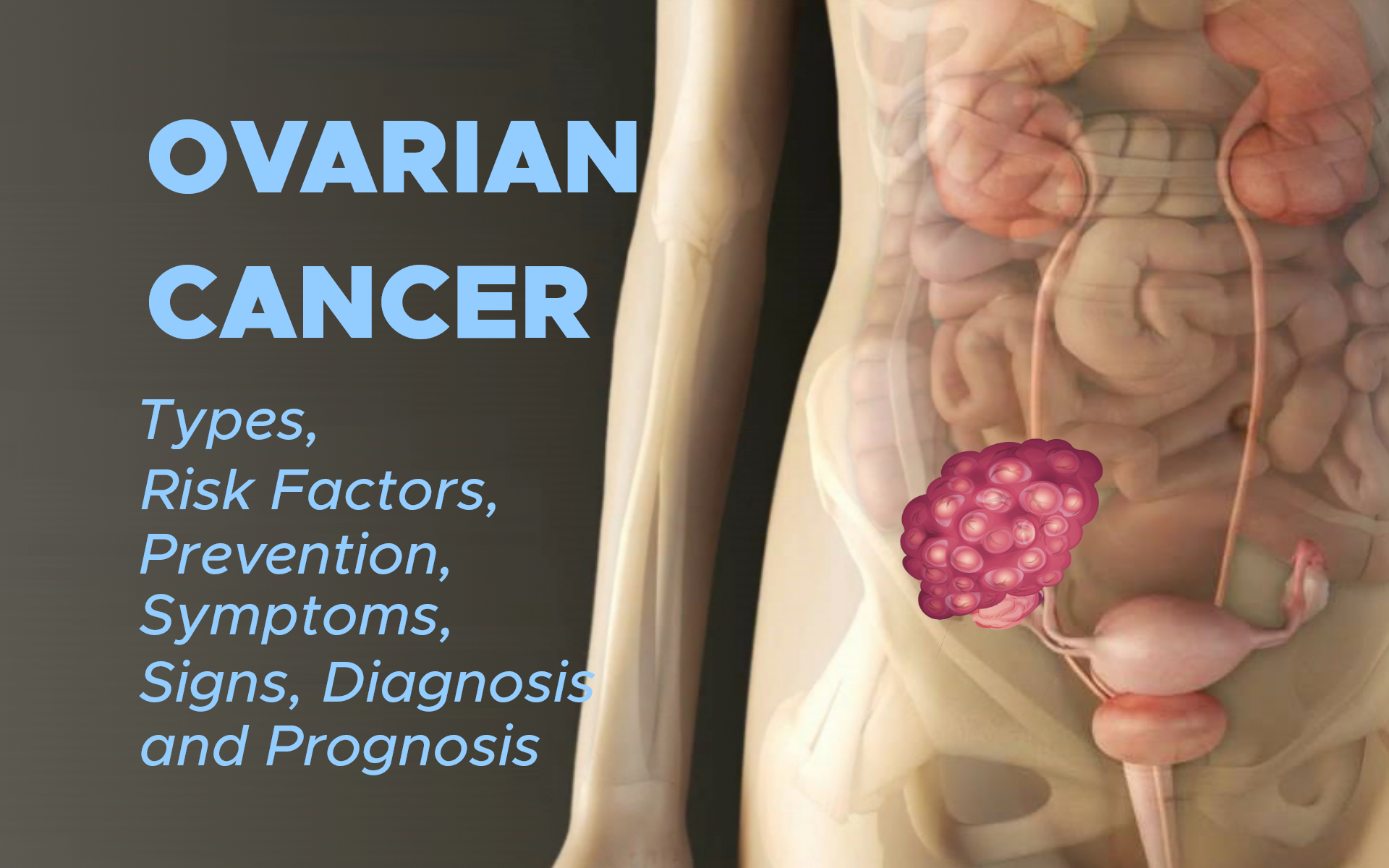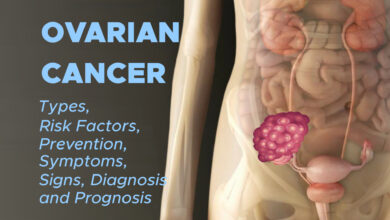
Ovarian Cancer: Prevention
Factors that may be able to lower the risk of ovarian cancer.
Prevention of the Ovarian Cancer
Different factors cause different types of cancer. Researchers continue to look into what factors cause ovarian cancer, including ways to prevent it. Although there is no proven way to completely prevent ovarian cancer, you may be able to lower your risk.
Talk with your health care team for more information about your personal risk of cancer. Research has shown that certain factors may reduce a woman’s risk of developing ovarian cancer:
1. Taking Birth Control Pills
Women who took oral contraceptives for 3 or more years are 30% to 50% less likely to develop ovarian cancer. The decrease in risk may last for 30 years after a woman stops taking the pills. Intrauterine devices (IUDs) have also been linked to a decreased risk of ovarian cancer.
2. Breastfeeds
The longer a woman breastfeeds, the lower her risk of developing ovarian cancer.
3. Pregnancy
The more full-term pregnancies a woman has had, the lower her risk of ovarian cancer.
4. Surgical Procedures
Women who have had a hysterectomy or a tubal ligation may have a lower risk of developing ovarian cancer. A hysterectomy is the removal of the uterus and, sometimes, the cervix. Tubal ligation is having the fallopian tubes “tied” or closed surgically to prevent pregnancy.
Doctors recommend a bilateral salpingo-oophorectomy, which is the removal of both ovaries and fallopian tubes, for women with a high risk of ovarian cancer.
After a woman has given birth to all of the children she intends to have, she may choose to have her fallopian tubes removed at the time of abdominal surgery for other purposes or during a cesarean section, also called a c-section.
For women with high-risk genetic mutations such as BRCA1, BRCA2, and the genes related to Lynch syndrome, having the ovaries and fallopian tubes removed after having children is recommended to prevent ovarian cancers as well as possibly reduce the risk of breast cancer.
This can reduce ovarian cancer risk by as much as 96%. If performed before menopause occurs naturally, there may be a 40% to 70% reduction in the risk of developing breast cancer, particularly in women with BRCA2 mutations.
It is very important for women who are considering preventive surgery to talk with their doctors and genetic counselors so they can understand the risks and side effects of the surgery compared to their personal risk of developing ovarian cancer.
